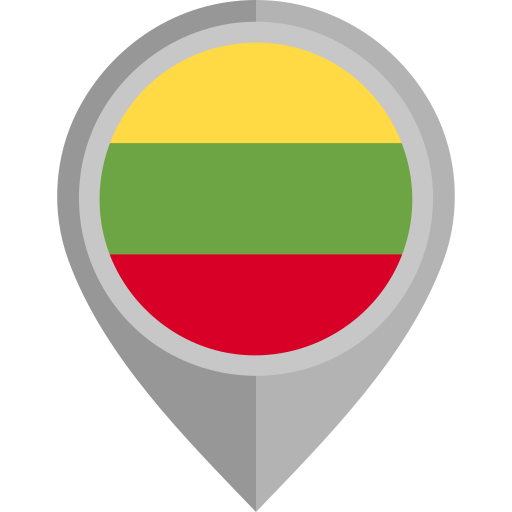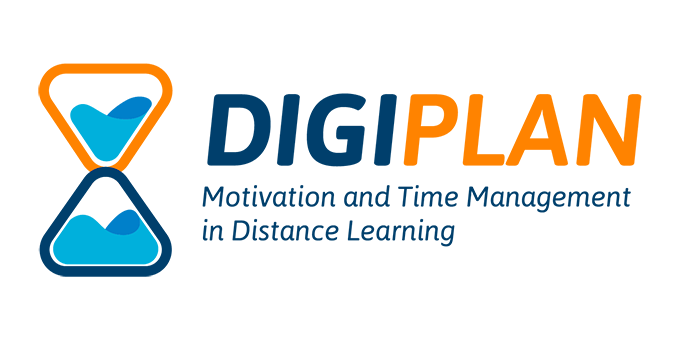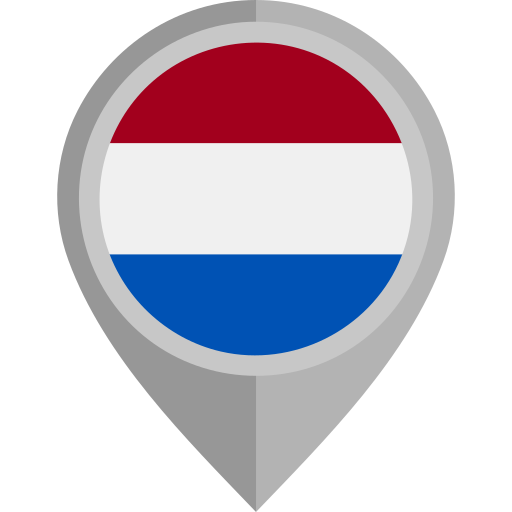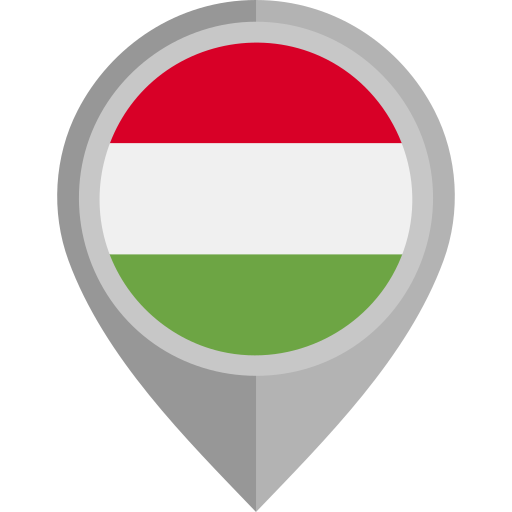DIGIPLAN “Motivation and Time Management in Distance Learning”
BACKGROUND OF THE PROJECT
DIGIPLAN is a 2 years Erasmus+ Cooperation partnerships in vocational education and training, with the main focus on motivation and time management in Distance Learning. Students are (and will be for a long time) challenged by changing learning requirements – schools need to adapt to national health challenges, socioeconomic conditions etc. Now they have difficulties switching from rigid classroom conditions and external motivation to online learning, when sometimes no one is forcing them to learn effectively. And it’s difficult to predict which learning model will be in the next year, so we need an approach that is suitable for all: classroom, blended and home learning. Teachers are challenged by this as well. Methods that were moderately effective in classrooms, no longer work in forced blending/online conditions. Teachers have a big problem with students not participating/ignoring/being distracted, as well as parents not supporting the process. Over time, it became clear that it was not the equipment or technical skills of the teachers that were the biggest problem in effective remote learning, but the underrated aspect of self-management, motivation and time management.
The project is designed to provide students with attractive materials to increase intrinsic motivation and learn effective time management. Moreover, it will enable teachers to gain knowledge and experience in the subject, which will allow them to work with students on increasing motivation and time management by creating an In-Service Training Programme and Handbook.
PROJECT OBJECTIVES & RESULTS
The main objectives of DIGIPLAN is to develop the following results:
- Project Result 1: Self-management resources for students – To create a dedicated framework of competences and a suite of self-management resources with aim of developing motivation and time management. The tools will be directed at education providers to use during their classes with vocational education students.
- Project Result 2: In-service training programme and handbook for educators – to create and build with the knowledge to enable the successful use of the self-management toolkit in the teaching process and to develop and pilot the in-service training program and, to ensure the practical skill acquisition in order to effectively use the developed resources.
- Project Result 3: Online Learning Portal – To provide an online learning portal (online course) on which the resources developed will be uploaded with open access for everyone interested in acquiring, improving or deepening motivation and time management in distance learning.
Project results will be measured not only by created resources but primarily by a number of trained professionals and the impact of newly possessed skills on their professional lives, their students, and their environments. Therefore, the following training activities and outputs will be achieved by the consortium during the project lifecycle:
1) 12 VET educators will be trained in delivering the In-service training programme during the Short-term joint staff training event (C1);
2) 60 front-line school and vocational educators will have completed the in-service training programme and upgraded their professional competences in the piloting phase of PR2
3) 480 students, including marginalized youth, will have experienced their learning process enhanced by using the self-management resources in the field of motivation and time management
4) 120 educators, students, and policy makers will gain awareness of the project results during the Multiplier Events in all partners’ countries. 5) 40 educators, students, and policy makers will attend the final conference in Siauliai, Lithuania.
TARGET GROUPS
Initial target groups for dissemination activities inside the project consortium will comprise the following:
(1) Staff of the organizations involved in the project consortium;
(2) Staff of associated partners who have undertaken to support the development, testing and implementation of the project;
(3) VET professionals engaged in the local control groups (Teacher, Educators, etc.);
(4) IT professionals participating in the local control groups willing to share their ideas and evaluate the relevance of chosen technologies and created tools;
(5) Students interested in testing new self-management tools in their learning routines.
PARTNERSHIP

P1 Coordinator: VsI Socialiniu inovaciju centras

This project has been funded with the support of the European Commission. This publication reflects the views only of the author and the Commission cannot be held responsible for any use which may be made of the information contained therein.
Project No: 2021-1-LT01-KA220-VET-00003293





